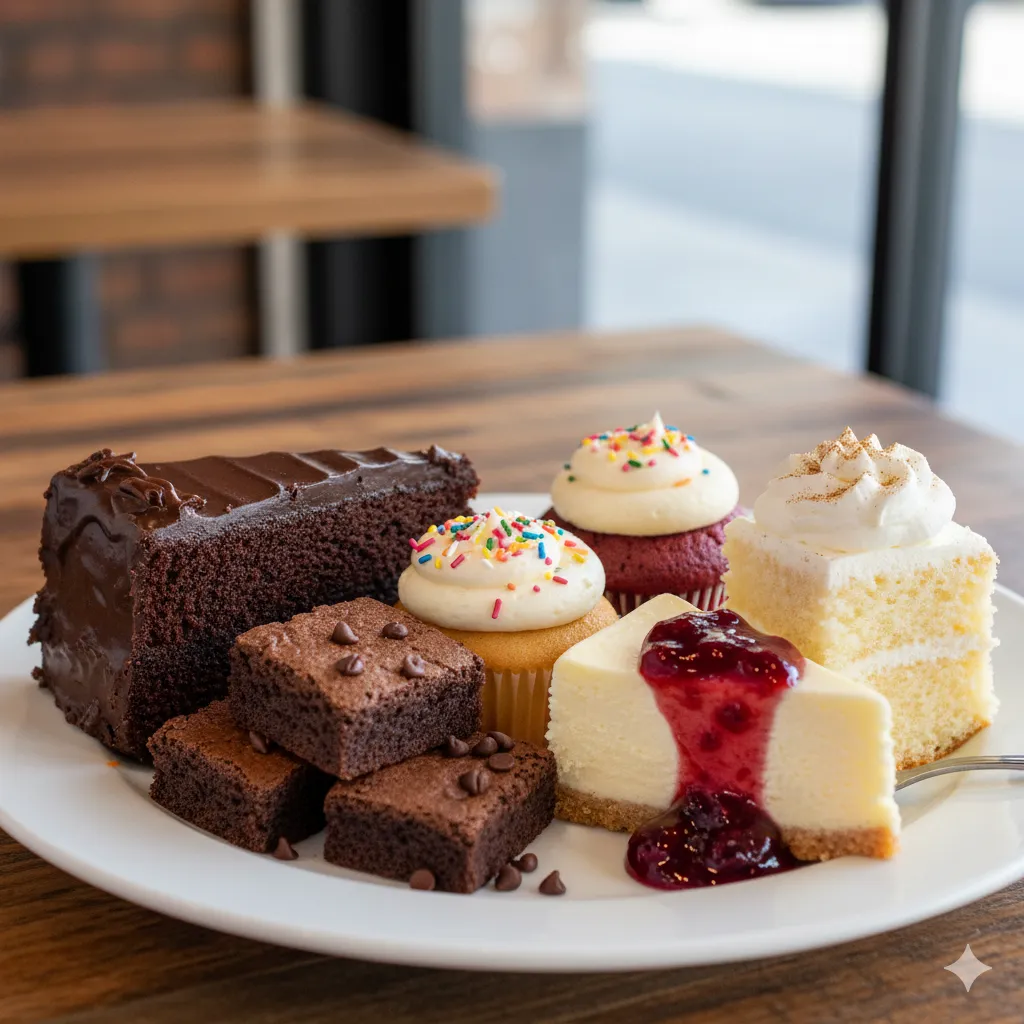
The CAKE Model of Addiction and Treatment
The CAKE Model of Addiction Treatment
Ok, I need to tell you right away: other than this post, there is no CAKE Model of Addiction Treatment. It's simply the perspective I've personally developed over the past 19 years as an Addiction Professional and 33 years of long-term recovery.
Over those 33 years, I've swung from one extreme to another. CAKE is simply my way of reconciling the extremes without disavowing anything I've learned: it's how I avoid being fanatical or rigid in my counseling and coaching practice.
CAKE Stands For:
Consider
All
Known
Explanations and/or Examples
From One Extreme to Another
When I started in the recovery profession, I was a fanatical 12-Step advocate. Over time, I disavowed 12-Step approaches in favor of the Cognitive Behavioral Model. After a year of Medically Assisted Treatment, I became a staunch medication fan. In each instance, I went from one narrow view to another.

While working on my Master's degree, I was exposed to other models of addiction and treatment, including Gabor Mate's trauma theory, the self-medication hypothesis, Stanton Peele's Existential/Experiential approach, and finally, G. Alan Marlatt's harm reduction model.

The thing about each of these, and others such as Dopaminergic theory and Behaviorism, is that they tend to be presented as "the" thing, the most correct approach, and the most accurate model of both addiction and treatment. Each theory and model tends to discount the validity of the others.
I became very confused, feeling like I didn't have a foundation. In the meantime, Motivational Interviewing and the Stages of Change were chipping away at my worldview of both addiction and recovery.
In the midst of this inner confusion, I got the opportunity to teach an Addiction Counselor course at my local community college. They hadn't had a curriculum update in years, and the program was failing so badly that it made sense to give me a shot.
It All Comes Together
I had three things working against me as an instructor: I was vehemently anti-AA and 12-Step in general, I was hostile towards social workers, and the curriculum was entirely composed of 12-Step theory and facts about alcohol.
Thankfully the class was made up of Social Workers and recovering people from AA and NA. I was forced to think differently, or fail as an instructor.
I DOVE into the Ready to Test guide for the IC&RC Exam and my studies in graduate school. I was also studying for my own license exam, and come across something extraoridinary: IT"S ALL THERE!
Those Who Can't Teach, but Those Who Teach Can
Teaching that rag-tag group of Social Workers, Preachers, and recovering people was one of the greatest experiences I've ever had. I realized I had a responsibility to not only help prepare them to become counselors, but to also prepare them for the IC&RC certification and licensing exams.
In order to do that, ethically and effectively, I had to present all points of view fairly and as completely as possible. I had to let go of my own biases and "either/or" thinking, and embrace the reality that nothing works for everyione, and everything works for someone.
This had greatly changed my approach to both coaching and counseling. I maintain a firm foundation of Motivational Interviewing and the Transtheoretical Stages of Change. This allows me to work with a Harm Reduction patient struggling with marijuana at 3 PM, pivot to a 12-Step Facilitation Client at 4 PM, and the next morning work with a coaching client who's focusing on writing resumes and trying to get back into school.
It's All CAKE
Think about cake for a moment: Add a little more butter and skip the baking powder and they're brownies. Swap the flour for almond flour and a sugar substitute, and now it's a keto cake. They're all made with the same basic types of ingredients, but a little more of this, a little less of that, and it's an entirely different experience.
I believe the substance is disorders are similar. Some have a mild disorder, others are moderate, and the extreme cases are severe. Each one has different needs, each one needs a different type of treatment, and each requires a different skill set from their counselor.
I am not making light of anything, and I'm not trying to minimize the effectiveness of focusing on a specific theory of treatment. Quite the opposite, I think each counselor should be firmly grounded in at least one approach, be it cognitive behavioral therapy, 12 step facilitation, motivational enhancement or even dialectical behavioral therapy.
As you grow in your role as a therapist, you can learn different techniques, and incorporate them into your therapeutic approach. Personally, I tilt strongly towards Harm reduction and Motivational Enhancement. But that doesn't work for everyone, I need to Consider All Known Explanations so that I can match my counseling style to the needs of the client in front of me.
In the end, that's all that really matters.
This is only the beginning of my thoughts on CAKE, and I have more to write. I hope you join me for the rest...